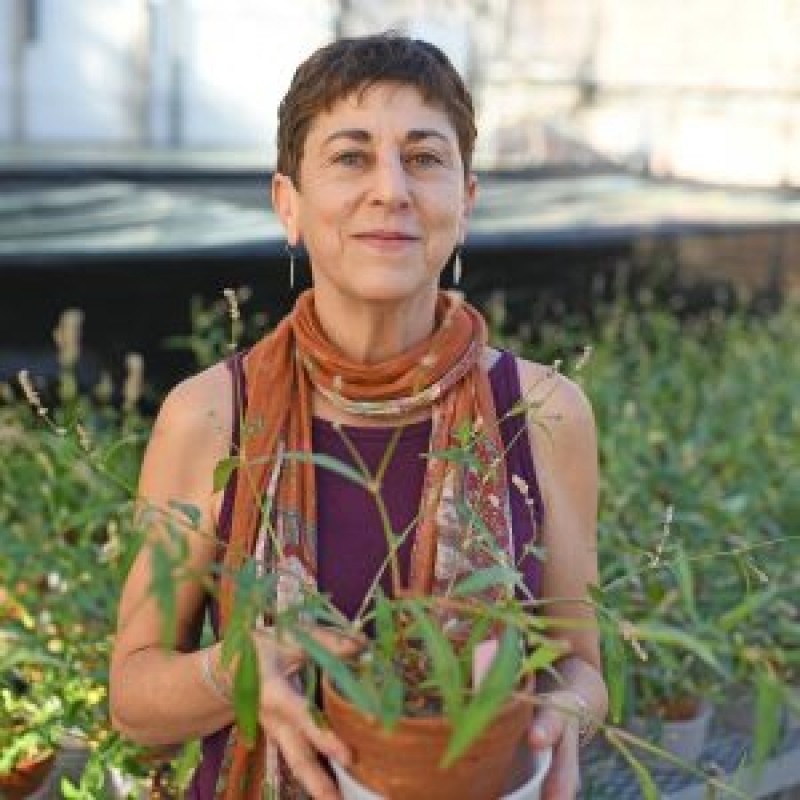KLI Colloquia are invited research talks of about an hour followed by 30 min discussion. The talks are held in English, open to the public, and offered in hybrid format.
Fall-Winter 2025-2026 KLI Colloquium Series
Join Zoom Meeting
https://us02web.zoom.us/j/5881861923?omn=85945744831
Meeting ID: 588 186 1923
25 Sept 2025 (Thurs) 3-4:30 PM CET
A Dynamic Canvas Model of Butterfly and Moth Color Patterns
Richard Gawne (Nevada State Museum)
14 Oct 2025 (Tues) 3-4:30 PM CET
Vienna, the Laboratory of Modernity
Richard Cockett (The Economist)
23 Oct 2025 (Thurs) 3-4:30 PM CET
How Darwinian is Darwinian Enough? The Case of Evolution and the Origins of Life
Ludo Schoenmakers (KLI)
6 Nov (Thurs) 3-4:30 PM CET
Common Knowledge Considered as Cause and Effect of Behavioral Modernity
Ronald Planer (University of Wollongong)
20 Nov (Thurs) 3-4:30 PM CET
Rates of Evolution, Time Scaling, and the Decoupling of Micro- and Macroevolution
Thomas Hansen (University of Oslo)
4 Dec (Thurs) 3-4:30 PM CET
Chance, Necessity, and the Evolution of Evolvability
Cristina Villegas (KLI)
8 Jan 2026 (Thurs) 3-4:30 PM CET
Embodied Rationality: Normative and Evolutionary Foundations
Enrico Petracca (KLI)
15 Jan 2026 (Thurs) 3-4:30 PM CET
On Experimental Models of Developmental Plasticity and Evolutionary Novelty
Patricia Beldade (Lisbon University)
29 Jan 2026 (Thurs) 3-4:30 PM CET
Jan Baedke (Ruhr University Bochum)
Event Details

Topic description / abstract:
Developmental plasticity in response to environmental conditions is a characteristic and indeed an essential property of organisms. Plants are well suited to plasticity studies because genetically identical individuals can be produced and grown in contrasting environments to determine the repertoire of alternative outcomes a given genotype can express. The resulting 'eco-devo' data reveal that adaptive adjustments take place at the individual level, through active processes of developmental response.
Biologists have generally accounted for this plasticity by assuming that such responses are genetically programmed, thus maintaining a view of development as internally scripted. Recent studies of transgenerational plasticity provide new insights to the nature of development that challenge this view. Experiments testing contrasting soil moisture and light environments show that parental--and even grandparental-- conditions affect progeny development and fitness in ecologically meaningful ways. Moreover, the ancestral environment affects how offspring individuals respond to their own conditions, revealing that plastic developmental responses to a given environment are not pre-determined by genotype. These multigeneration plastic responses instead point to an unscripted process of complex developmental interactions that take place in real time. This revised view of development raises questions about the role of genes in adaptive evolution.
Biographical note:
Sonia E. Sultan is a plant evolutionary ecologist. Her research group studies ecological development or 'eco-devo': how individual plants develop and function differently in response to different environmental conditions, in particular to factors that vary in nature such as light and shade, soil moisture, and key nutrients. To examine these responses, Sultan determines response patterns or norms of reaction for genetic individuals collected from field populations. These experiments reveal the interplay of genotypic and environmental factors in shaping the functional and reproductive outcomes of individual development. Sultan has long been a major contributor to the empirical and conceptual literatures on individual plasticity and its relation to ecological breadth and adaptive evolution. In Fall 2015, she published many of these ideas in a book entitled Organism and Environment: Ecological Development, Niche Construction and Adaptation (Oxford University Press). Sultan's current experimental work focuses on three questions:(1) inherited effects on development due to parent environment; (2) the relation of individual plasticity to invasiveness; and (3) the role of DNA methylation as a regulatory mechanism for environmental response.
Sultan graduated summa cum laude in History and Philosophy of Science at Princeton University and then traveled the world for two years before going on to graduate work in Organismic and Evolutionary Biology at Harvard. As a graduate student, Sultan developed her interdisciplinary approach to developmental plasticity, working with plant ecologist Fakhri A. Bazzaz and population geneticist Richard Lewontin, and publishing an influential review paper in Evolutionary Biology. After completing her Ph.D., she was awarded an independent CPB Post-Doctoral Fellowship at the University of California’s (Davis) Center for Population Biology and spent three years there before joining the Biology Department at Wesleyan in late 1993. Sultan has been a guest researcher at the University of Otago and the Liggins Institute in New Zealand and was a 2012-13 Resident Fellow of the Berlin Institute for Advanced Study (Wissenschaftskolleg zu Berlin).


